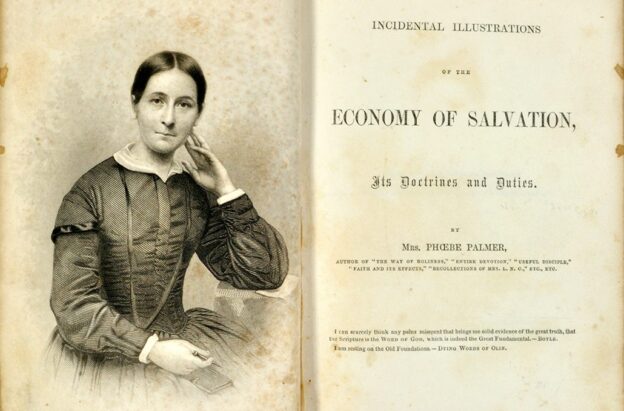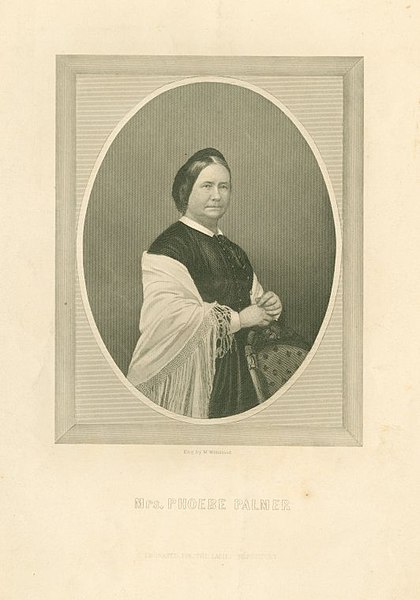Embracing the New Wine: Reflections on the Changing Landscape of Ministry by Larry Frank

“In the crushing, in the pressing
You are making new wine
In the soil I now surrender
You are breaking new ground…”
My story of crushing and pressing really began in the middle of the pandemic. That’s when I gradually realized that the seminary training I received no longer aligned with reality. The U.S. Church faced successive shockwaves – COVID, the tragic death of George Floyd, a tumultuous general election, January 6, and more. One of my mentors describes those days as marked by disease, disaster, disorientation, and division. The fallout exposed the fault lines in most churches, including my own shortcomings as a leader and follower of Jesus.
For nearly 15 years, I served as a pastor, climbing the “leadership ladder” with zeal. A few years ago, I found myself as the Lead Pastor of one of the larger churches in my conference. I thrived on metrics like average worship attendance and professions of faith. Everything seemed to trend upward until it didn’t. It all abruptly changed. The division stemming from polarizing events made it challenging to sustain congregational unity. Beloved members left the church. Many chose alternative activities over Sunday morning services while we operated solely online. Many never returned.
The limitations of the attractional church model, which I was trained to implement, became glaringly apparent. Regardless of the soaring music or meticulously crafted sermons, attendance didn’t rebound. Beautiful buildings, student ministry programs, affinity groups, classes, and bible studies lost their effectiveness. As I grappled with this realization, I came to understand that the future church would not be the same I encountered as a 14-year-old new believer.
I initially resisted change, echoing Mr. Wesley’s tension toward the established church of his era. Wesley was simultaneously committed to its structure while acknowledging its need for renewal. In his Letter from Dublin in 1789, he wrote, “In religion I am for as few innovations as possible. I love the old wine best.”* But this wine was no longer good for the table.
I began to press into what it would look like for tradition and innovation to coexist. In my research on church structure and strategy, I leaned into an approach of “both/and.” Could there be a sacred synthesis of attractional and incarnational, established and emerging, all existing together?
This journey led to an awakening in my spirit. The emerging church in our context could look more like field preaching of Wesley’s day than anything else. While the Sunday morning gathering remains relevant, church in pubs, coffee shops, breakrooms, under shade trees, and in homes also finds its place. Yes, there will be vocal detractors. However, the misconception lies in viewing established churches and emerging forms as mutually exclusive; they can and should coexist, enriching and shaping one another to share the gospel in diverse contexts.
I still find some of these more innovative ways of doing and being church strange, so I continue to find great comfort that John Wesley was still uncomfortable with field preaching many years after its beginning. He would write in his journal, “What marvel the devil does not love field preaching? Neither do I – I love a commodious room, a soft cushion, an handsome pulpit. But where is my zeal if I do not trample all these under foot in order to save one more soul?”** Two decades of field preaching and he still had difficulty reconciling the practice. Still, Wesley was willing to embrace it as he saw the gospel reach people.
Last June marked a significant change for my family as we departed from the familiar confines of our state and the denomination we had always called home. We bid farewell to the “commodious room” and “handsome pulpit” to embark on a new journey as part of the pastoral team at a multisite church located in southwest Florida. Here, the principles of attractional and missional converge seamlessly. Our Sunday gatherings are vibrant, drawing in many souls. Yet, amidst the effectiveness of traditional ministry programming, I find myself engaging in more and more field preaching. Nowadays, this entails sitting on a sidewalk, sharing a simple bottle of water with a homeless couple, lending an ear to someone’s story, or assisting them in finding their way to detox. It involves sharing a meal and embracing individuals whose lives and perspectives differ vastly from mine. These endeavors provide the same gospel space as the pulpit on Sunday morning.
My affection for traditional brick-and-mortar churches remains unwavering. There’s undeniable passion and vitality in that model. However, I’ve come to realize that the future of the church, especially in reaching new people, lies in smaller, more adaptable structures grounded in authentic relationships.
Reflecting on Christ’s command to spread the gospel, I invite you to ponder with me the sacrifices we must be willing to make (trample under foot) in order to make room for reaching even one more.
The new wine is worth it, can we make this our prayer?
“Jesus, bring new wine out of me…
‘Cause where there is new wine there is power
There is new freedom
And the Kingdom is here
I Lay down my old flames
To carry Your new fire today.”
* Letter from Dublin, June 20, 1789, The Letters of the Rev. John Wesley, A.M., ed John Telford (London: Epworth, 1931), 8:145.
** John Wesley, Journal and Diaries IV, (1755-1765), ed. W. Reginald Ward and Richard P. Heitzenrater (Nashville, TN: Abingdon Press, 1992), 21:203.
Subscribe
Get articles about mission, evangelism, leadership, discipleship and prayer delivered directly to your inbox – for free
Related Posts















